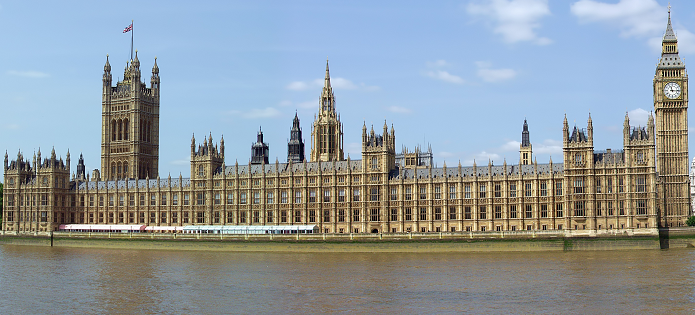by David Zahn, CFA, FRM, Franklin Templeton Investments
The United Kingdom’s political uncertainty is set to continue, with a fresh general election now on the cards. Our Head of European Fixed Income David Zahn discusses the market implications of potential election outcomes.
The United Kingdom is heading back to the polling booths for its second general election since the 2016 referendum at which it voted to leave the European Union (EU).
We expect a rollercoaster ride for UK assets over the next six weeks as investors closely monitor opinion polls for clues as to the outcome.
Gilts are likely to be especially volatile in our view. Whatever the election outcome, we expect a likely general shift higher in UK government bond yields, as the two main candidates to form a government have committed to higher government spending.
In our view, markets would react most positively to a solid majority for the Conservative Party. We think a majority Conservative government would likely push quickly to pass its Brexit Withdrawal Agreement Bill, which should serve to reduce some of the uncertainty hanging over the United Kingdom right now.
That’s when the real process of negotiating a Brexit trade deal would start. The negotiations would likely take place during a shorter transition period than originally envisioned because of the latest Brexit extension to January 31.
We consider the chances of the United Kingdom finally crashing out without a deal are much lower in that more accelerated negotiation scenario. While it’s likely to prove very difficult to complete a comprehensive trade deal in 11 months, we think current Prime Minister Boris Johnson does now want to leave in an orderly fashion and is likely to push for a trade deal.
The worst outcome for markets, in our view, would be a repeat of the status quo in which no party can command a majority in the House of Commons.
A Jeremy Corbyn-led Labour Party would likely send gilt yields rising and cause sterling to drop dramatically further. However, at least investors could expect some consistency in strategy and policy and would likely be able to adjust their portfolios if need be.
We expect markets to remain very volatile over the six weeks until polling day. We think the ability to actively adjust portfolios quickly to react to changes in the market is likely to be important for investors.
To get insights from Franklin Templeton delivered to your inbox, subscribe to the Beyond Bulls & Bears blog.
For timely investing tidbits, follow us on Twitter @FTI_Global and on LinkedIn.
*****
Important Legal Information
The comments, opinions and analyses expressed herein are for informational purposes only and should not be considered individual investment advice or recommendations to invest in any security or to adopt any investment strategy. Because market and economic conditions are subject to rapid change, comments, opinions and analyses are rendered as of the date of the posting and may change without notice. The material is not intended as a complete analysis of every material fact regarding any country, region, market, industry, investment or strategy.
Data from third-party sources may have been used in the preparation of this material and Franklin Templeton Investments (“FTI”) has not independently verified, validated or audited such data. FTI accepts no liability whatsoever for any loss arising from use of this information and reliance upon the comments, opinions and analyses in the material is at the sole discretion of the user. Products, services and information may not be available in all jurisdictions and are offered by FTI affiliates and/or their distributors as local laws and regulations permit. Please consult your own professional adviser for further information on availability of products and services in your jurisdiction.
CFA® and Chartered Financial Analyst® are trademarks owned by CFA Institute.
What Are the Risks?
All investments involve risks, including possible loss of principal. The value of investments can go down as well as up, and investors may not get back the full amount invested. Bond prices generally move in the opposite direction of interest rates. Thus, as prices of bonds in an investment portfolio adjust to a rise in interest rates, the value of the portfolio may decline. Investments in foreign securities involve special risks including currency fluctuations, economic instability and political developments.
This post was first published at the official blog of Franklin Templeton Investments.












